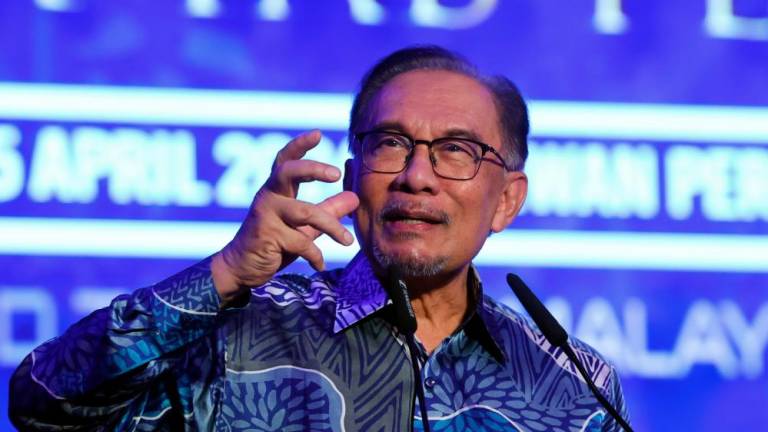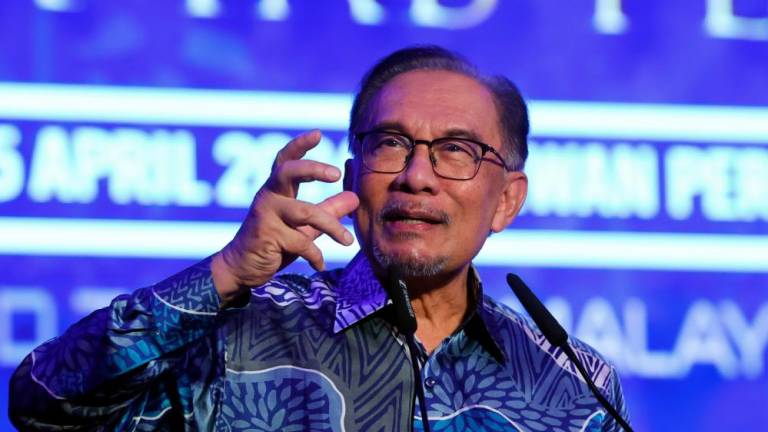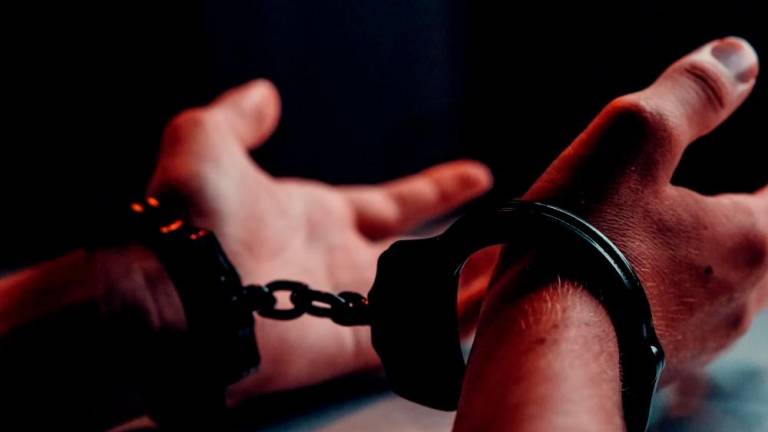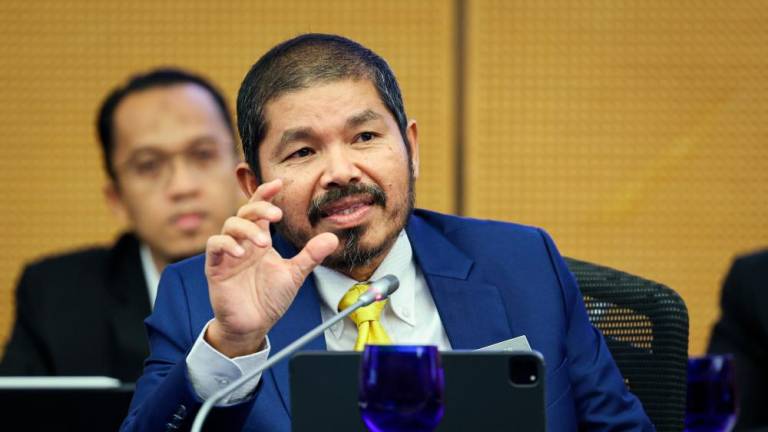BRETT Kavanaugh’s recent high-octane drama involving his nomination to the US Supreme Court by the Senate Judiciary Committee spotlights two issues pertinent to Malaysia.
One, does the Kavanaugh imbroglio suggest the proposed establishment of a Parliamentary Select Committee to nominate judges in Malaysia could politicise the process of judicial appointments?
Two, should credible allegations of sexual assault against a judicial nominee (or any person seeking a high-level position) – even if not proven beyond all reasonable doubt – be given due consideration?
Criticism in Malaysia is focused on the prime minister’s unfettered power to appoint a majority of members of the Judicial Appointments Commission (JAC) and also to dismiss four out of five JAC members without offering any reason.
That voting for Kavanaugh’s nomination was largely along party lines rather than on judicial merit, underscores US legislators’ involvement and politicised the process of elevating judges.
The two factors that transformed Kavanaugh’s nomination in the Senate into a gladiatorial combat won’t happen in Malaysia.
First, US Supreme Court Judges enjoy life-long tenure while the current eight-person top bench is evenly split between conservatives and liberals. Kavanaugh’s accession offered Republicans an opportunity to ensure the top judicial court’s conservative slant continued for at least another decade.
Second, US Supreme Court judges could play a decisive role in any impeachment proceedings against President Donald Trump. In Malaysia, it is legislators in the Dewan Rakyat, political party members and voters who can displace the prime minister.
In the US, newspapers focused on allegations by Dr Christine Blassey Ford, a professor in clinical psychology in California, that a 17-year-old Kavanaugh drunkenly tried to sexually assault the then 15-year-old girl in a locked bedroom of a house in the summer of 1982 in the presence of Mark Judge – allegations Kavanaugh strongly denied.
Critics, including Trump, derided Ford because she told no one about this alleged sexual assault until 2012 when she discussed this with her therapist and husband. Additionally, Ford couldn’t remember several crucial details – the date this incident happened, where this occurred and how she got home that night.
Despite memory lapses, Ford offered two nuggets of information. Apart from Judge and Kavanaugh, Ford said two other boys were present at this small beer party where the alleged assault took place – P. J. and another guy whose name she couldn’t recall.
Six or eight weeks after the alleged incident, she met Judge in a Safeway supermarket where he was working temporarily, Ford added.
In his book Wasted: Tales of a GenX Drunk, Judge acknowledged working in a supermarket for a few weeks before summer camp started on Aug 22, 1982.
Corroboration came from a surprising source. Kavanaugh voluntarily released his calendar for the summer of 1982.
Roughly six weeks before Ford’s encounter with Judge in Safeway, a July 1 entry in Kavanaugh’s calendar detailed a beer party at Timmy’s with Judge, Tom, P. J., Bernie and Squi – confirming Ford’s recollection that Judge and P. J. were present that night.
Newspapers later identified P. J. as Smyth and Squi as Chris Garrett.
As Democrat Senator Sheldon Whitehouse noted: “This may be powerful corroborating evidence that the assault happened, that it happened that day, and that it happened in that place.”
In questioning Kavanaugh, Democrat Senator Richard Blumenthal proffered a Latin phrase: falsus in uno, falsus in omnibus. Translated into English, this precept means “false in one thing, false in everything.”
Despite criticism by academics, American judges and lawyers have used this principle to inform juries that if a witness lies about one detail, the individual isn’t credible on all other particulars. Defence lawyer Lee Bailey used this maxim to discredit a key witness against O. J. Simpson and secured his acquittal for the murder of his wife.
Throughout his testimony, Kavanaugh either evaded questions or was economical with the truth, particularly on one key issue – he never blacked out after heavy drinking.
A Huffington Post article notes this assertion has been “challenged by (Kavanaugh’s) own stories and emails”.
Judge’s book recounts an incident where “Bart O’Kavanaugh” vomited and passed out in the back of a car after a bout of heavy drinking. When Kavanaugh was asked whether he was Bart, he suggested the Senator ask Judge.
The New York Times published a two-page handwritten 1983 letter signed “Bart”, which the newspaper claims was written by Kavanaugh. In this letter, Bart described himself and his friends as “loud, obnoxious drunks with prolific pukers”.
While an undergraduate at Yale, Kavanaugh belonged to Delta Kappa Epsilon (DKE), a fraternity Yale Daily News said was “notorious for disrespecting women”. A 1985 photo shows DKE fraternity – Kavanaugh was then a sophomore – marching with a flag made of women’s underwear and bras.
In Malaysia, allegations of sexual assault, even against an exalted perpetrator, can be credible if journalists and the police are allowed to investigate freely and thoroughly.
Opinions expressed in this article are the personal views of the writer and should not be attributed to any organisation she is connected with. She can be contacted at siokchoo@thesundaily.com












